In my long career before starting a company, I’ve experienced all kinds of businesses. I worked for well-known agencies that were doing splashy, exciting work—but for corporations that weren’t necessarily making a positive impact on the world. I’ve also seen companies who claim to be mission driven—but refuse to take a true stand or align their internal culture with that purpose.
When I stepped into starting my own company, I felt there had to be a better way. I wanted to lead an agency that was doing impactful work, that was actually helping people, and that was financially successful. That couldn’t be all that hard, right?
Not quite.
Building a thriving company is never easy and building one with integrity makes it even more challenging. But, while there have been ups and downs since I launched Better Together in January, I have verified that it is possible to chase purpose and profit at the same time—and succeed at both. Even while solely working with purpose-driven organizations, my agency has hired five full-time employees, was able to get our client featured in The New York Times, and is on track to make hundreds of thousands in our first year.
For any other business owner trying to figure out how to simultaneously do good and make money, here are four strategies that have helped me.
I keep us accountable to the clients we want to work with
Especially in the early days, it can be so tempting to take any client work that comes your way. But one of the keys to my business success is understanding our mission from the start and being diligent about only taking on work that aligns with that mission.
Sticking to our mission of using communications to achieve equity helps us differentiate ourselves from other agencies, as there aren’t many that focus solely on social impact and certainly not ones that have the same skills as we do to back it up with great work. People get excited when I tell them about the mission of Better Together, I get excited talking about it, and this passion drives clients toward working with us. These conversations wouldn’t be as impactful if we were wishy-washy in terms of what we do and who we serve.
Have I been tempted to waver from the mission when a non-social-impact client comes along offering us all of the money? Of course, I have. I’ve considered doing it just this once, or carving out time on the side. But I never have because, while that might feel like a short-term win for the business, it ultimately
Recommended Story For You :
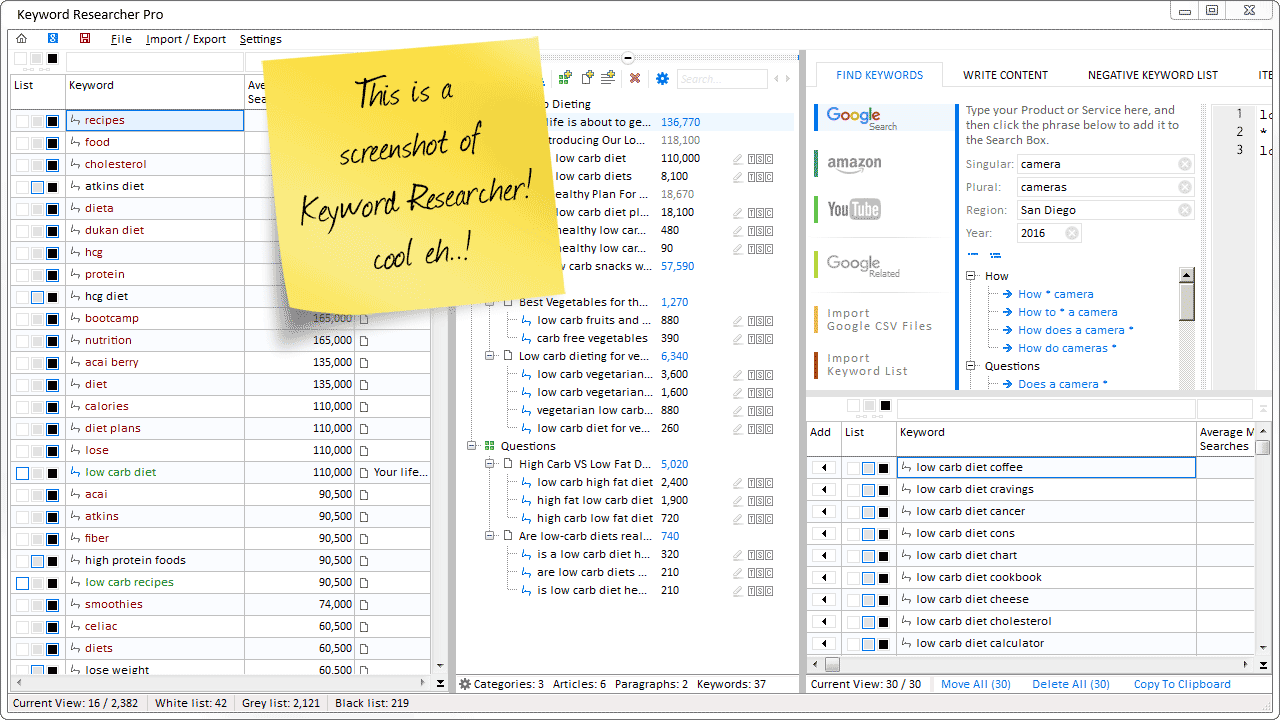
Organize Keywords and Import CSV Files from the Google Keyword Planner

The Most Affordable And Easiest User Friendly Page Builder You Will Ever Use!

Instant WordPress Theme That Matches Your Website
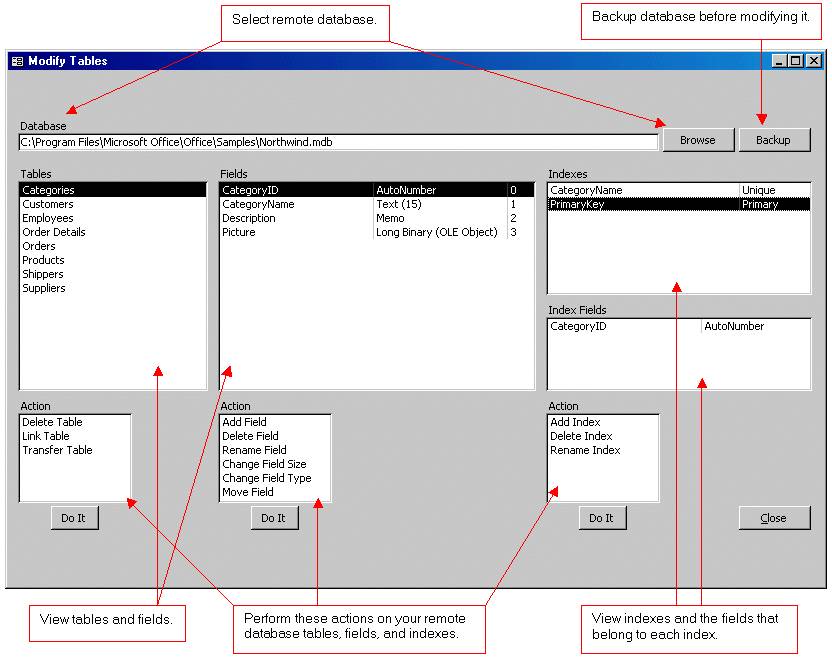
Wizard to Manage Remote Backend MS Access Database Tables Fields and Indexes

If you had an aisle-by-aisle grocery list wouldn't you spend less money on impulse items?
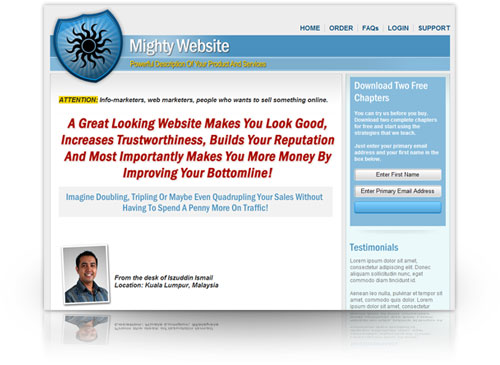
everything you need to create a professional corporate look mini-site is there.
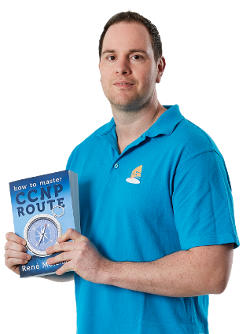
Unlock Your Networking Potential with GNS3Vault
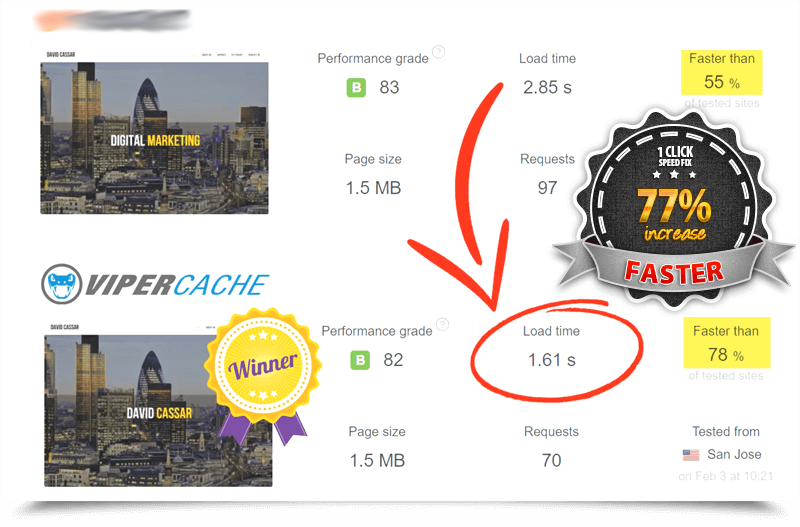
Viper Cache Was 77% Faster Than The Competetion

Understanding Stock Market Shorting eBook

